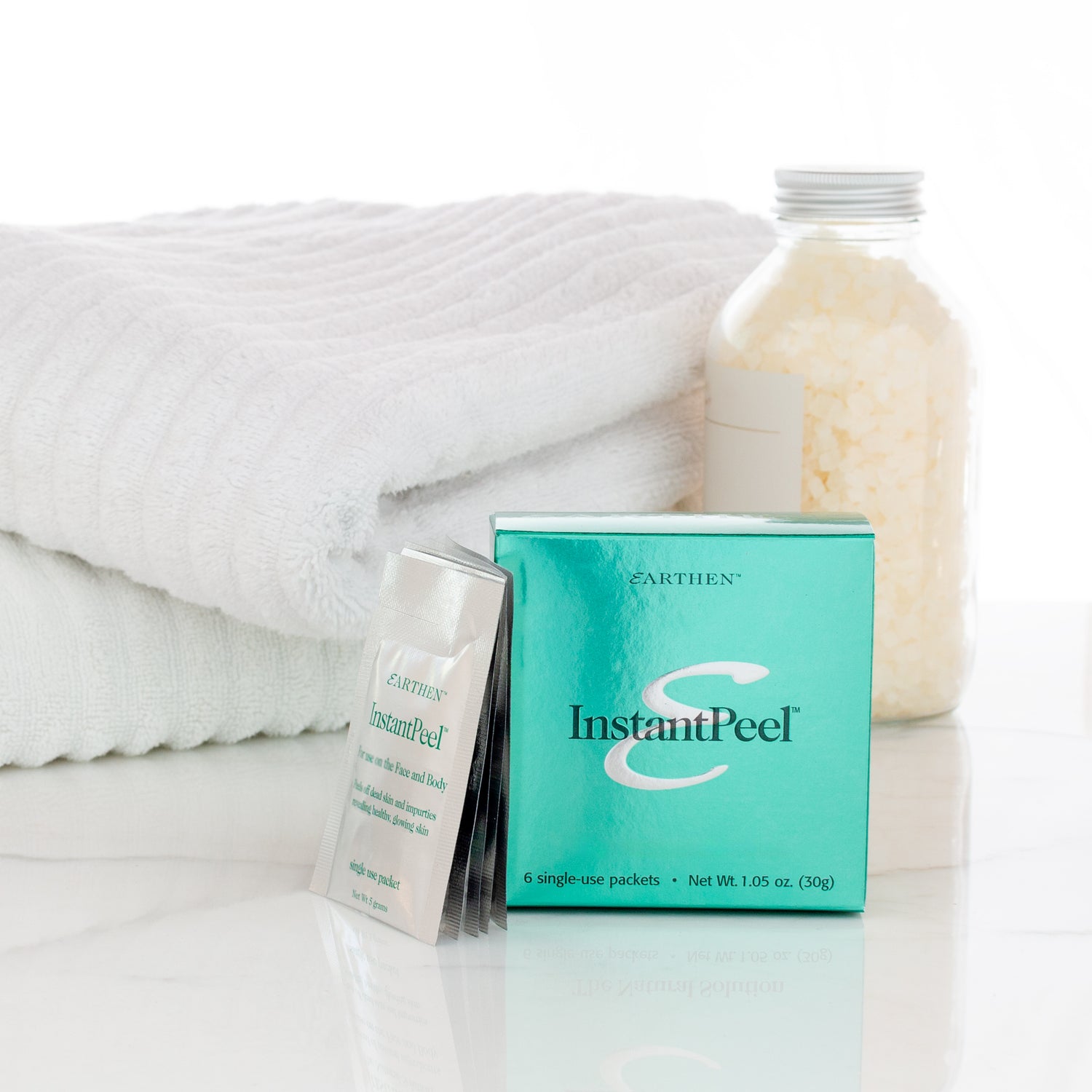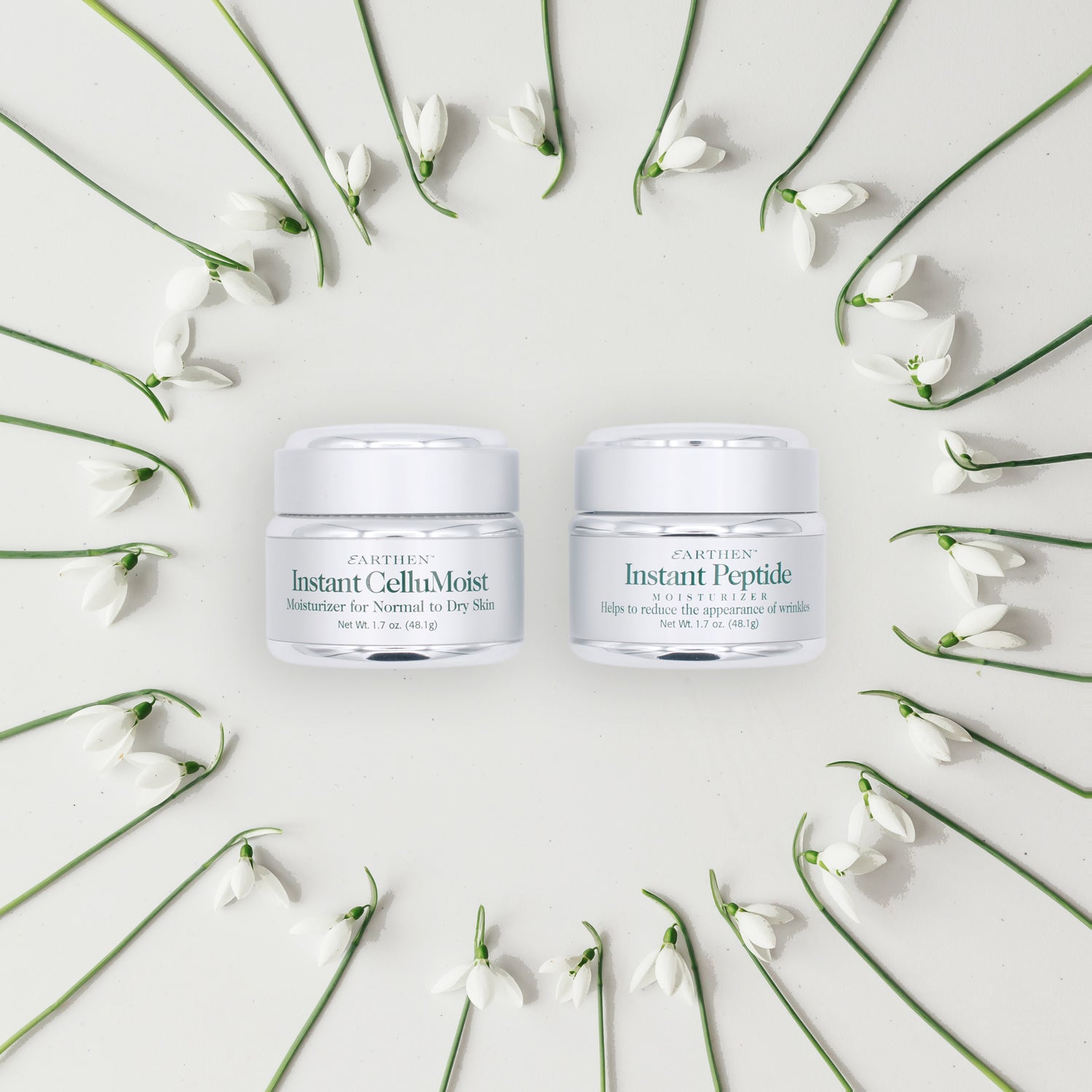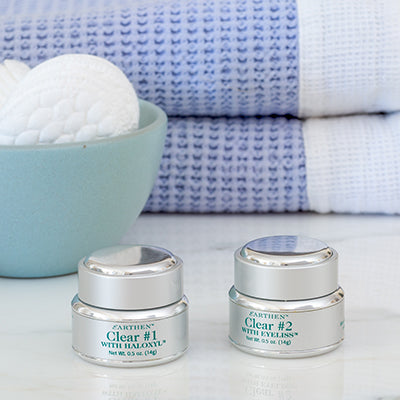As the seasons change, so does the weather, and with it, the needs of your skin. From the sweltering heat of summer to the harsh chill of winter, each shift in temperature and humidity can have a significant impact on your complexion. Understanding how these changes affect your skin is the first step toward building a skincare routine that keeps it healthy and resilient all year long.
In the summer, the combination of heat and humidity can lead to an increase in oil production. Your skin's sebaceous glands work overtime to produce sebum, which can result in clogged pores, breakouts, and an overall greasy appearance. The sun's intense UV rays are another major concern, contributing to premature aging, sunspots, and an increased risk of skin cancer. Even on a cloudy day, UV exposure is a threat. It's crucial to use a broad-spectrum sunscreen with an SPF of at least 30 every day.
When autumn arrives, the air becomes drier and cooler. This can be a welcome relief for those with oily skin, but it can be a challenge for others. As the humidity drops, your skin loses moisture more quickly, leading to dryness, flakiness, and a feeling of tightness. This is the time to switch from a lightweight moisturizer to a richer, more hydrating one.
Winter is arguably the most challenging season for your skin. The cold, dry air outside and the blasting heat inside create a perfect storm for skin dehydration. You might notice your skin feeling rough, itchy, and even cracked. This is because the lack of moisture in the air compromises your skin's natural barrier, making it more susceptible to irritation and inflammation. . To combat this, you should cleanse with a gentle, non-stripping cleanser, and seal in moisture with a thick, occlusive moisturizer.
Finally, spring brings a mix of rising temperatures and increased humidity, which can throw your skin's balance off once again. You might experience an increase in breakouts as your skin adjusts from the dry winter air to the more humid spring environment. It's a good time to lighten up your skincare products and re-introduce lighter, oil-free formulas.
Here's how to adapt your skincare routine for each season:
-
Hydration is Key: No matter the season, keeping your skin hydrated is essential. Use a gentle moisturizer daily and consider adding a hydrating serum to your routine.
-
Protect from the Sun: Sunscreen isn't just for summer. UV rays are present all year, so make it a daily habit to apply SPF 30 or higher.
-
Adjust Your Cleanser: Use a gentle, hydrating cleanser in the winter to avoid stripping your skin, and switch to a lighter, foaming cleanser in the summer if you have oily skin.
-
Don't Forget to Exfoliate: Exfoliating helps to remove dead skin cells and keep your skin's surface smooth, allowing your moisturizers and serums to penetrate better.
-
Listen to Your Skin: Pay attention to how your skin feels. If it's tight and dry, amp up the moisture. If it's oily, consider using a clay mask once a week.




